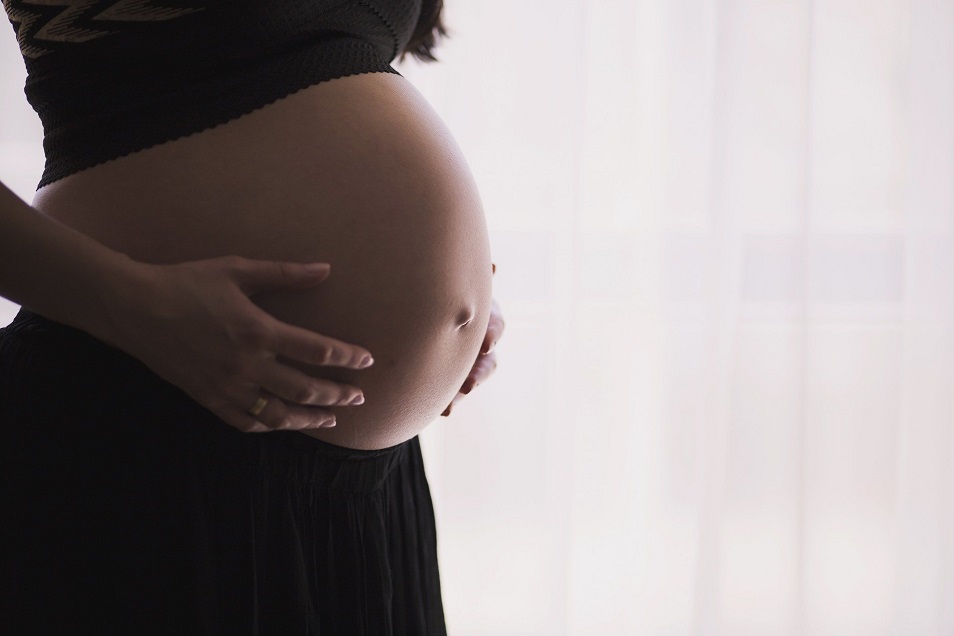 The NHS offers pregnant women vaccinations that help protect them and their babies during and after pregnancy.
The NHS offers pregnant women vaccinations that help protect them and their babies during and after pregnancy.
Vaccines help the body’s natural defence system (the immune system) to develop protective antibodies.
Antibodies fight disease and produce longer term protection against a particular disease. So, if someone is vaccinated against a disease and they come into contact with it at a later date, their immune system will respond to that infection more quickly.
Vaccination can help prevent disease or make the illness less serious. Antibodies developed while pregnant pass to the unborn baby and help to protect them in their first few months of life.
Vaccines offered
Whooping cough (pertussis) vaccine
Offered in every pregnancy, around the time of the mid-pregnancy scan (usually
20 weeks) and ideally before 32 weeks. It may be given from week 16 up to the
time a woman gives birth. It may be less effective if given close to when the baby
is born.
Women can also receive the vaccine after delivery, for up to 8 weeks until their baby is old enough to get their first dose. This can help protect the mother from
pertussis, reducing the chance that their baby will be exposed to the infection.
More information about whooping cough vaccines can be found here.
RSV vaccine (from 1 September 2024)
Offered in every pregnancy, from 28 weeks and ideally around the time of the 28-week antenatal appointment. This is a new vaccine programme operational from 1 September 2024.
Flu vaccine (from 1 September 2024)
Offered during flu season at any point in pregnancy.
Click here for more information about the flu vaccine.
COVID-19 vaccine
Offered during national COVID-19 vaccination campaigns when recommended, at any point in pregnancy.